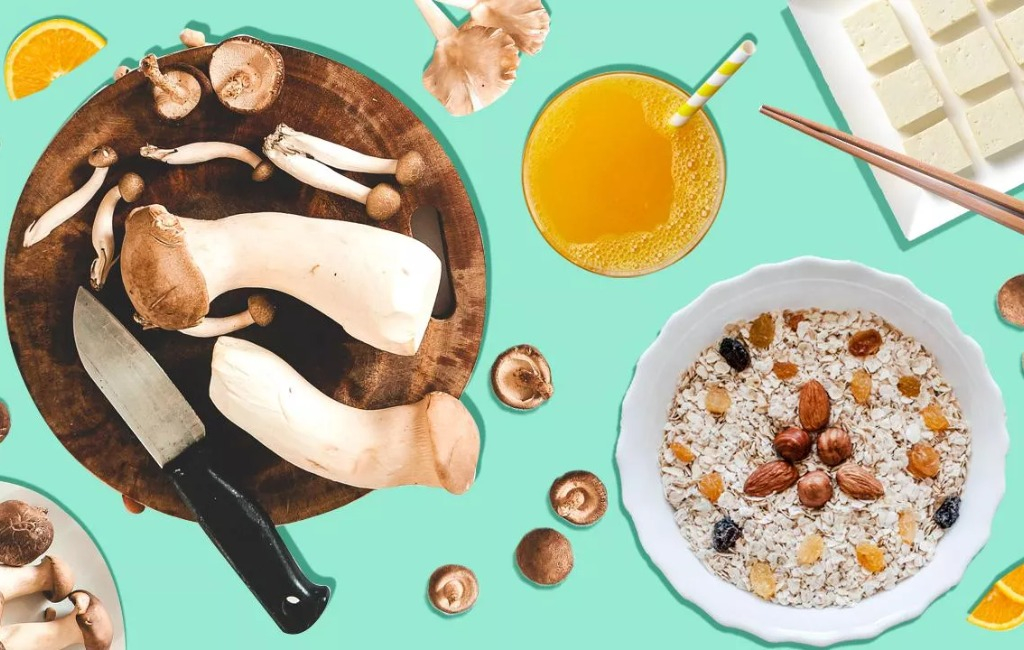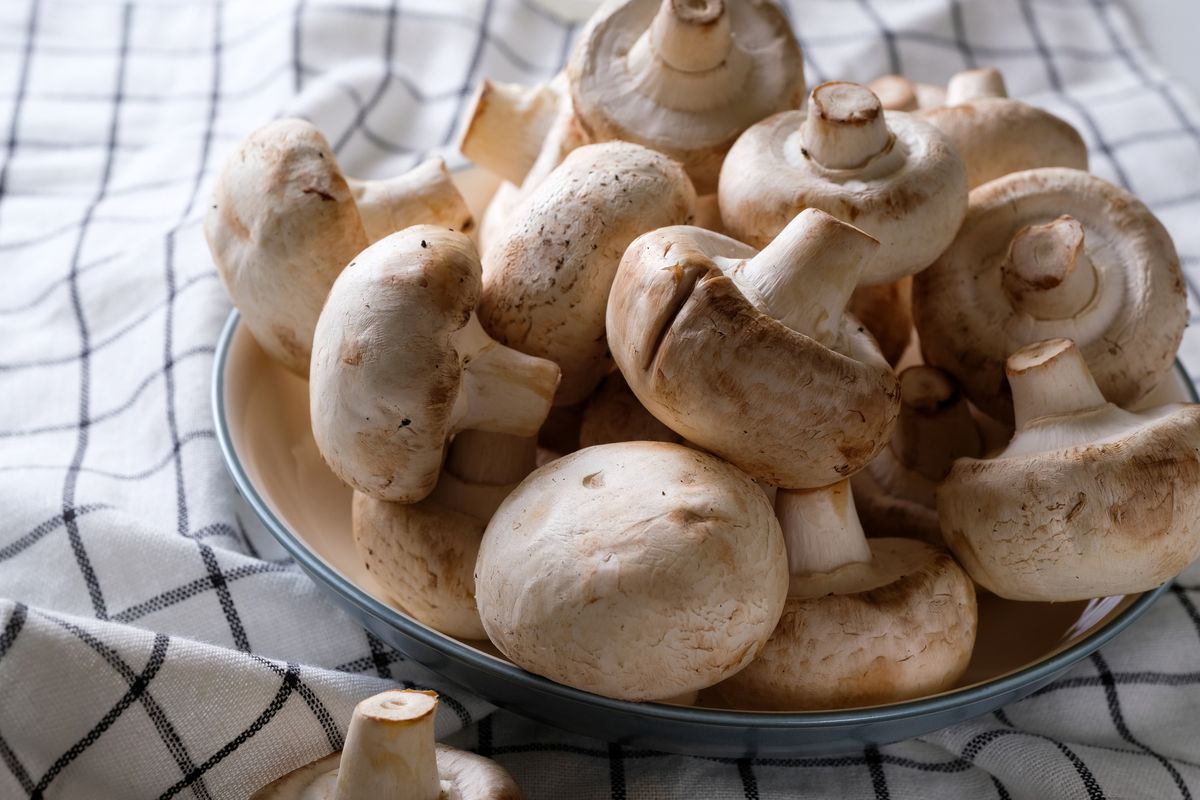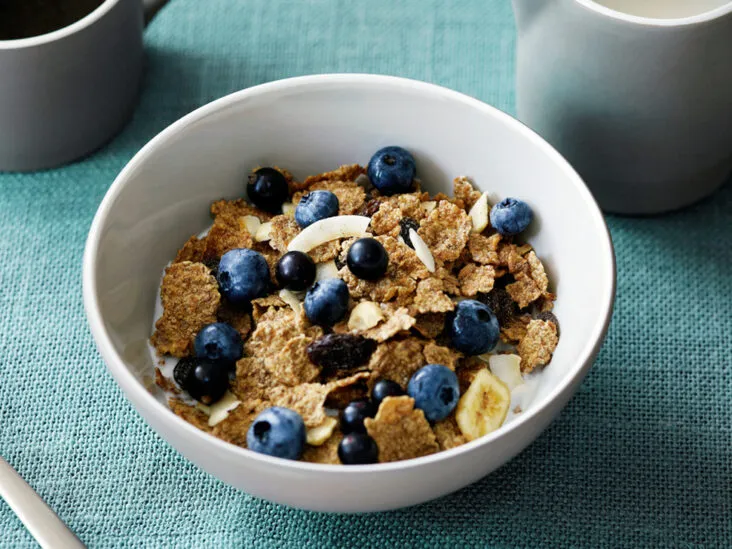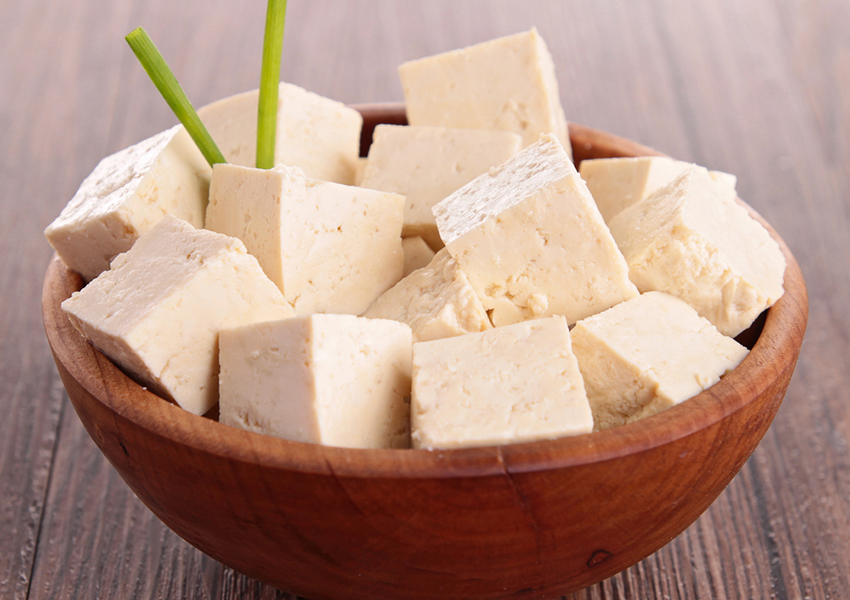Best Vegan Sources For Vitamin D
By Hira Waheed
27 May 2023
Vitamin D, often referred to as the "sunshine vitamin," plays a vital role in maintaining overall health and well-being. It is responsible for regulating calcium and phosphorus absorption, supporting bone health, boosting the immune system, and promoting optimal brain function. While sunlight is a primary source of vitamin D, those following a vegan lifestyle may face challenges in meeting their vitamin D requirements through diet alone. In this article, we will explore the importance of vitamin D, the obstacles faced by vegans in obtaining essential nutrients, and the best plant-based sources of vitamin D, along with recommended intake levels.

Vitamin D is crucial for various bodily functions, including:
Bone Health
Vitamin D aids in the absorption of calcium, promoting strong bones and teeth. It helps prevent conditions like osteoporosis and rickets.
Immune System Support
Vitamin D supports immune function and helps the body defend against infections, including respiratory illnesses.
Mood and Mental Health
Adequate vitamin D levels have been linked to improved mood and reduced risk of depression and cognitive decline.
Muscle Function
Vitamin D is essential for maintaining healthy muscles and optimizing physical performance.
Challenges for Vegans
Vegans, who avoid all animal products, face difficulty in obtaining certain nutrients, including vitamin D, as it is predominantly found in animal-based food sources. While the body can synthesize vitamin D when exposed to sunlight, factors such as limited sunlight exposure, geographic location, and sunscreen use can hinder natural production. Therefore, it becomes crucial for vegans to identify alternative plant-based sources to meet their vitamin D requirements.
Plant Sources of Vitamin D: While there are limited plant-based food sources of vitamin D, incorporating these options into your diet can help maintain adequate levels:
1) Mushrooms

Certain mushrooms, such as shiitake and maitake, when exposed to sunlight or UV radiation, produce vitamin D2. Including these mushrooms in your meals can be a great way to boost your vitamin D intake.
Aim for around 100 grams (3.5 ounces) of sun-exposed mushrooms daily.
2) Fortified Plant Milk
Many plant-based milk alternatives, including soy, almond, and oat milk, are fortified with vitamin D. Check the labels to ensure they contain vitamin D2 or D3.
A daily intake of around 240 mL (1 cup) can contribute to your vitamin D needs.
3) Fortified Cereals

Certain breakfast cereals fortified with vitamin D can be an easy and convenient way to supplement your intake.
Look for vegan-friendly options and consume them according to the serving size recommendations on the package.
4) Fortified Tofu

Some brands fortify tofu with vitamin D2 or D3.
Incorporating about 85 grams (3 ounces) of fortified tofu into your meals can provide a significant amount of vitamin D.
Recommended Intake
The recommended daily intake of vitamin D for most individuals is around 600-800 IU (International Units). However, individual needs may vary based on factors like age, sun exposure, and overall health.
It's essential to consult with a healthcare professional to determine the appropriate vitamin D dosage for your specific needs.
While obtaining vitamin D solely from plant-based sources can be challenging, vegans can meet their nutritional needs with careful planning. Remember to pay attention to recommended serving sizes and consult with a healthcare professional to ensure you meet your specific vitamin D requirements.
You Might Also Want To Read This
Popular Posts







